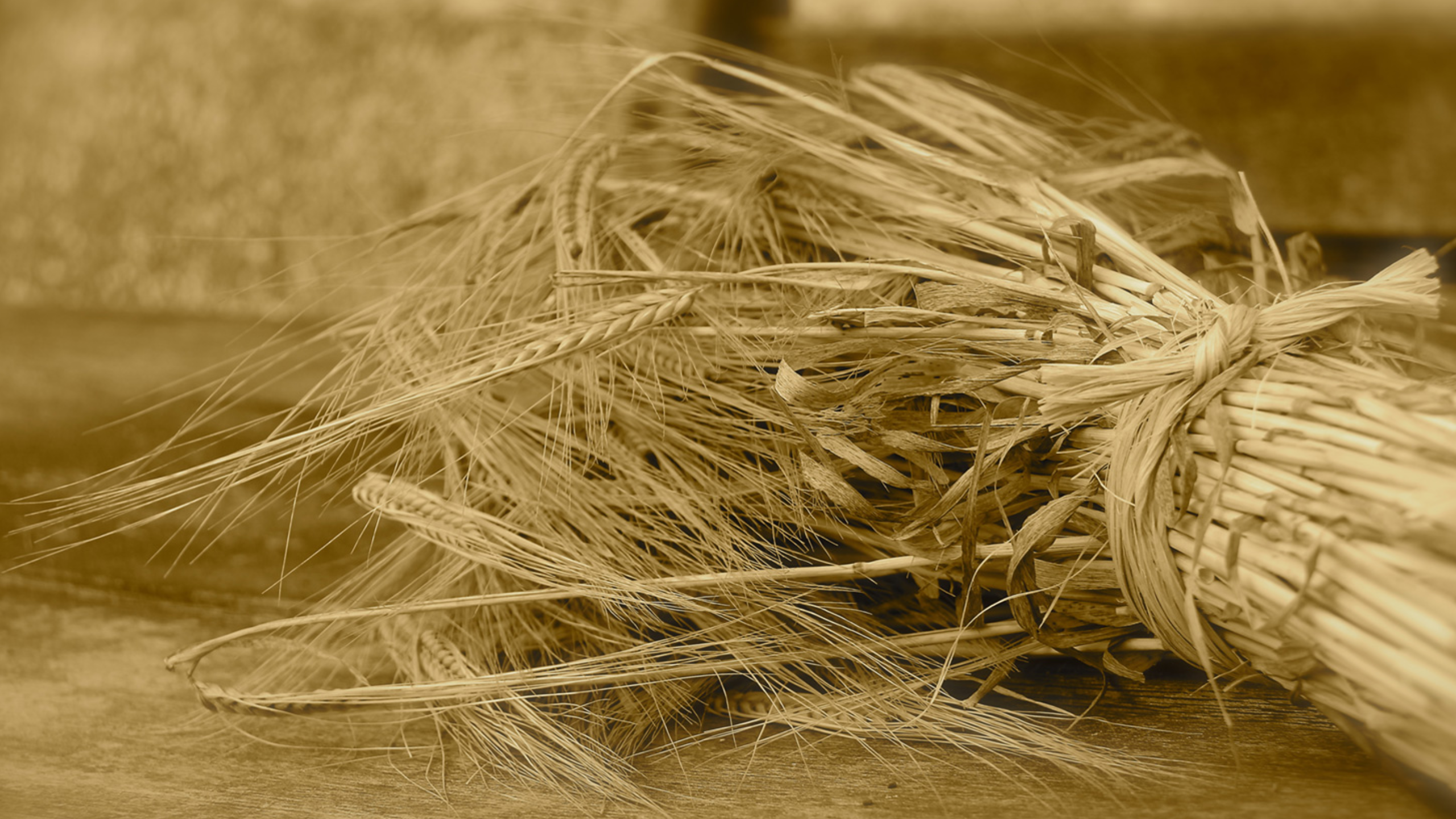
John Fawcett’s hymn “Blest Be the Tie that Binds” is an important hymn for Baptists. The third stanza reads:
“We share our mutual woes,
our mutual burdens bear,
and often for each other flows
the sympathizing tear.”
Baptists, more than most, have emphasised that just as God covenants with God’s people—makes a deep, solemn, relational commitment—so too members in the local church-community covenant with each other. We are, quite literally, bound to each other, a bond which we particularly affirm when we gather around the table where Jesus shares the cup of the new covenant (Luke 22:20).
This covenantal bond of course, costs dearly. When one suffers, the body suffers. The trauma of life is brought into our local bodies—a transfigured body maybe, but one still living on the near side of the cross. Such suffering, as with any pain that hopes to heal, must be brought to the light, shared around the table, cried and lamented for with safe, covenantal friends.
Due to COVID-19 lockdowns, my fiancée and I are currently in the process of pushing back our wedding date for a third time. Our original date was set for next weekend. The sorrow of gathering is potent: missing out on being able to bind and join, quite literally, to one another, to each other’s families, to our friends, to our fellow church members. We miss out on much during times like these. Moments of gathering around new relationships, dying relatives, new births.
John Green writes, “We all know how loving ends. But I want to fall in love with the world anyway, to let it crack me open.”1 Covenant-love sounds great until we hit the hard stuff, until the decision to love cracks us open.
I’m tired, and I know many others are too. It’s a strange kind of fatigue, not from busyness but anxious stillness. I wonder, could we share this fatigue with another? Reaching out to a trusted church member. Praying the Psalms of lament over Zoom gatherings. Releasing each other from the burden of being okay. Trusting our covenant bonds to hold us together through the hard stuff.
Lockdown is a kind of trauma. Shelly Rambo, in her work on trauma and theology, writes, “After a traumatic experience, a survivor finds herself in this kind of space: Between life and death. Not death. Not living either. But locked in an indefinable middle.”2 As we move past this limbo into healing, how do we avoid suppressing the difficult, often inexpressible experience of living alongside COVID-19?
Could we let ourselves be truly cracked open by joining together amidst the struggle? Can we open up this space in our gatherings and worship? To return to our hymn:
“When we are called to part,
it gives us inward pain;
but we shall still be joined in heart,
and hope to meet again.”
Contributor: Andrew Clark-Howard, who is member of Māngere Baptist Church and an adjunct lecturer at Carey Baptist College. He is also editor at Metanoia, an online platform engaging issues of contemporary life and Christian faith in Aotearoa New Zealand.
References:
- John Green, The Anthropocene Reviewed: Essays on a Human-Centered Planet (London: Ebury Press, 2021), 7.
- Shelly Rambo, quoted in: Michael Mawson, “The Trauma of Lockdown,” United Theological College (October 22, 2021), retrieved from https://www.utc.edu.au/blog/the-trauma-of-lockdown.


